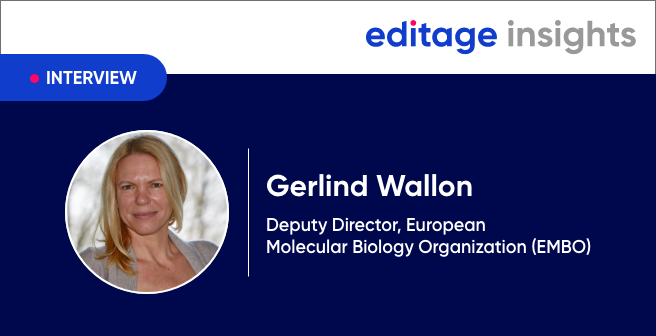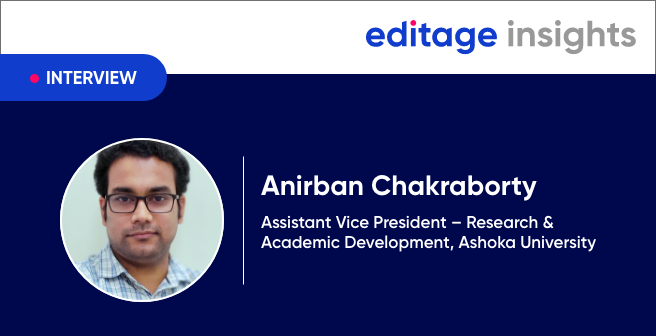Advice for medical authors publishing in English

Prof. Barron was an editor and consultant for a wide range of journals including the Journal of Gastroenterology, Breast Cancer, the Journal of Bronchology, Allergology International, and the Journal of Cardiac Surgery. In 1975, he first proposed the idea of a communications center for a Japanese medical school; thereby innovating ideas for medical communications centers, in-house support for medical writing, and the flow of the information from within Japan to the outside. He was a member of the International Advisory Group for Japan at COPE (Committee on Publication Ethics). For more biographical information, please see the first part of this three-part interview series.
As a member of COPE (Committee on Publication Ethics), you advise COPE on emerging ethical concerns in Japan and sensitize the council on cultural differences in dealing with these concerns. In your perspective, how well aware are journals and publishers in Japan of organizations like COPE to resolve issues with ethics?
My relationship with COPE is more focused on disseminating the very good work COPE is doing to groups within Asia, specially, Japan, Korea, and China; publicizing their flow charts on our free educational writing site www.ronbun.jp (no registration required and no advertising, courtesy of support from Taiho Pharmaceuticals, Tokyo); and making people aware of the methodologies that can be used to make sure that the rights of the author are protected while investigations are underway. Many organizations in Japan, Korea, and China are not aware of how to deal with possible infringements of conflict of interest or publication ethics, etc. I feel that COPE provides a huge amount of very important information not only through its flowcharts but also through its meetings and archives to people who are really interested in developing a good and solid ethical system for their publications and handling possible ethical problems.
As an editor or an editorial consultant for many renowned journals, could you share with our readers what journals look for in a manuscript? In other words, what makes a manuscript publication worthy?
I’ve been very fortunate indeed to have been involved with many journals. I think the main thing that editors, reviewers, and readers look for in a manuscript is what is new and how it affects their present way of doing things. Therefore, that follows into the second part of your question, i.e. what makes publication worthy. That is a very important question; it is the essential question, and often the deciding question in determining if a paper gets published or not. In other words, if it is a paper of marginal interest, it is not likely to get published in mainstream journals. However, a paper that might affect clinical practice and could have a significant effect on the treatment of patients will definitely attract the attention of the reviewers, editors, and the readers. That is why when writing a paper it is essential that you indicate in the introduction what the research question is; in the methods, why you are using those methods to determine what; in results, what were the main findings; and in discussion, what you set out to do and what you showed, plus give the limitations of the study.
You must have viewed thousands of medical papers and abstracts over the past 35 years. Could you highlight some aspects EIL (English-as-an-International Language) authors in the field of medicine need to pay special attention to?
Yes, I’ve certainly edited several tens of thousands of full papers, translated from Japanese or edited about a dozen medical textbooks, and over 50,000 abstracts or presentations over the past 45 years or so. I think the first thing to emphasize is that the material should be clearly written and clearly understandable. I would recommend the use of commercial medical editors, but even more so I really hope that more medical schools develop in-house communication centers which would render contact with outside organizations unnecessary. This is kind of a symbiotic process. In other words, as a new subeditor or editor coming into a hospital, you do not know the strengths of the various investigators in the departments but you will learn about that. You will also learn what their strong points are. And when editing papers, they will educate you in what they can do, what they can’t do, and what they are not able to understand. So, I feel that it is essential that in as many medical schools as possible communication centers should be established. The cost is not high; it is basically the full time cost of one able-bodied intelligent editor and an assistant, and with that, a huge amount of papers can be evaluated and sent out for publication.
As someone who has learned to communicate in a foreign language, are you able to provide any pointers for EIL authors in other disciplines?
First of all, I wholeheartedly agree with Dr. John Benfield, the renowned thoracic surgeon, and Dr. Christine Feak, the noted linguistics specialist, both of whom have strongly propounded the view that excellent results can be obtained by cooperation between a language/writing specialist and a specialist who is authoring the paper. That is why I believe that if you are using editorial services (which must be included in the Acknowledgements section of the paper), you should specify to the editorial services that you wish your papers to be handled by the same editor. That way you can institute a symbiotic relationship whereby you will learn from each other.
Would you like to give a word of advice for EIL authors in the fields of medicine and healthcare?
I think that the essential thing is to have the English impeccable and to show what the author wants to show and that is why an in-house facility wherein the author can freely access the editor and vice versa will lead to a better and more effective publication. So my advice to authors who come from non-English and non-European language backgrounds is: Be sure to think of a way to develop a good relationship with people around you who can help in the excellent editing of your papers.
Thank you, Professor Barron.
Be sure to read parts 1 and 2 of our interview with Professor Barron: Medical English to overcome hurdles in scholarly communication in Japan and English for medical purposes – how specialists communicate.
Note: Dr. Barron passed away in August 2019. This interview, which we conducted in 2014, is a tribute to his expertise in and passion for medical research and communication. An obituary is available here.



